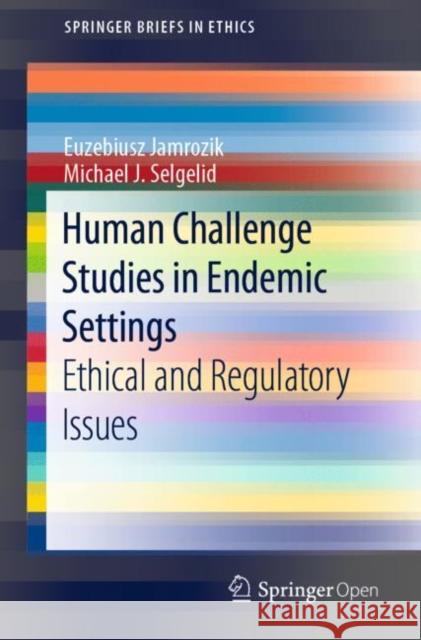Human Challenge Studies in Endemic Settings: Ethical and Regulatory Issues » książka
topmenu
Human Challenge Studies in Endemic Settings: Ethical and Regulatory Issues
ISBN-13: 9783030414795 / Angielski / Miękka / 2020 / 134 str.
Kategorie BISAC:
Wydawca:
Springer Nature Switzerland AG
Seria wydawnicza:
Język:
Angielski
ISBN-13:
9783030414795
Rok wydania:
2020
Wydanie:
2021
Numer serii:
000440812
Ilość stron:
134
Waga:
0.23 kg
Wymiary:
23.39 x 15.6 x 0.84
Oprawa:
Miękka
Wolumenów:
01
Dodatkowe informacje:
Wydanie ilustrowane











